Introduction:
The vegan diet, once considered a niche lifestyle choice, has blossomed into a mainstream movement. As more individuals gravitate towards a plant-based lifestyle, understanding the intricacies of vegan nutrition becomes paramount. This comprehensive guide delves into the heart of veganism, ensuring you get the most out of your plant-based choices.
What Exactly is the Vegan Diet?
At its core, veganism is a commitment to abstaining from any animal-derived products. This means no eggs, honey, or dairy. Beyond dietary choices, strict vegans often extend this philosophy to other aspects of life, avoiding products like wool, silk, beeswax, leather, and fur
For the 9.6 million Americans identifying as vegans, their plates are often adorned with a colorful array of legumes, vegetables, whole grains, nuts, and fruits. The rise in veganism isn’t just a trend; numerous studies have highlighted the potential health benefits of this diet.
The Health Benefits of Going Vegan:
- Weight Management: Research suggests that vegans tend to have a lower risk of obesity. A consistent vegan diet can aid in weight management and overall health.
- Blood Sugar Regulation: A vegan diet can be particularly beneficial for diabetics, helping in the regulation of blood sugar levels.
- Disease Prevention: A diet rich in fruits and vegetables can bolster heart health and reduce the risk of certain diseases, including some cancers.
- Boosted Fiber Intake: A well-balanced vegan diet can significantly increase fiber intake, promoting better digestion and overall health.
Embracing the Vegan Palette:
- What to Relish:
- Proteins: Think tofu, seitan, tempeh, and edamame.
- Carbs: Breads, rice, pasta, and potatoes are all on the menu.
- Fresh Produce: A bounty of fruits and vegetables.
- Legumes: From peas and beans to lentils.
- Healthy Fats: Seeds, nuts, flaxseeds, and various vegetable oils.
- Dairy Alternatives: Soy milk, almond milk, rice milk, and even cashew butter.
- What to Sidestep:
- All meats, including beef, pork, poultry, and seafood.
- Dairy products like cheese, butter, milk, and ice cream.
- Eggs and products containing them, such as mayonnaise.
- Honey, due to its bee-derived nature.
Navigating the Challenges of Veganism:
While a vegan diet is brimming with health benefits, it’s essential to be aware of potential nutritional gaps. Key nutrients like protein, calcium, omega-3 fatty acids, zinc, vitamin B12, and vitamin D might require more attention in a vegan diet. However, with careful planning and perhaps some supplementation, these challenges can be easily navigated.
Supplementing the Vegan Way:
Is supplementation necessary for vegans? While a well-planned vegan diet can be nutritionally adequate, some individuals might benefit from specific supplements. B12, vitamin D, and iodine are commonly recommended. However, always consult with a nutrition expert before adding any supplements to your regimen.
A Word of Caution:
It’s a misconception that all vegan foods are inherently healthy. Processed vegan foods, just like their non-vegan counterparts, can be high in sugars, salts, and unhealthy fats. The key is to focus on whole, unprocessed foods and maintain a balanced diet.
Conclusion & Tips:
Veganism is more than a diet; it’s a journey towards a more compassionate and health-conscious lifestyle. Remember:
- Diversify your plate with various fruits, vegetables, and protein sources.
- Opt for whole grains and foods rich in fiber and starch.
- Prioritize organic proteins from beans, tofu, soy, and chickpeas.
- And always, stay hydrated and informed.
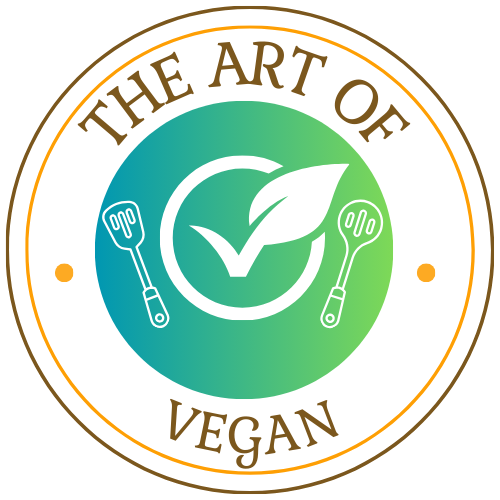
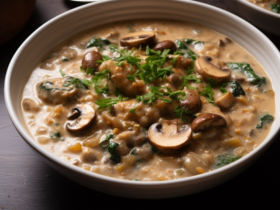
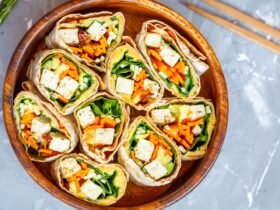
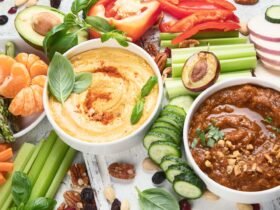


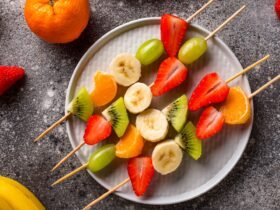
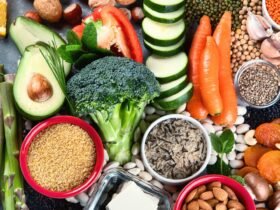



Leave a Reply